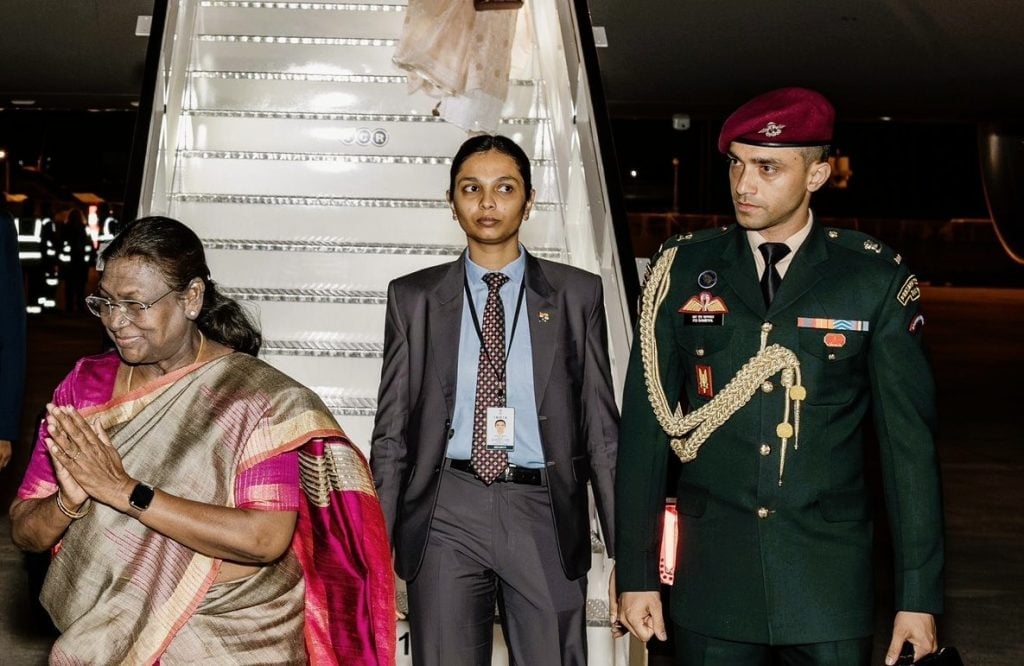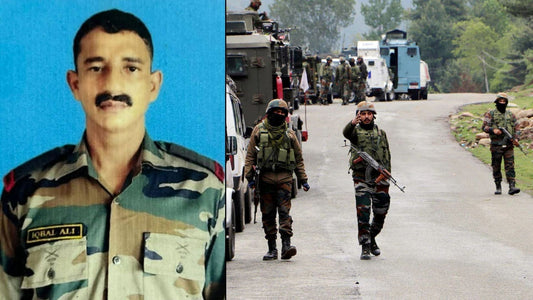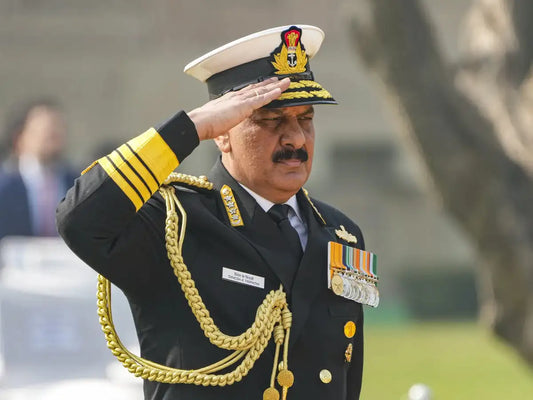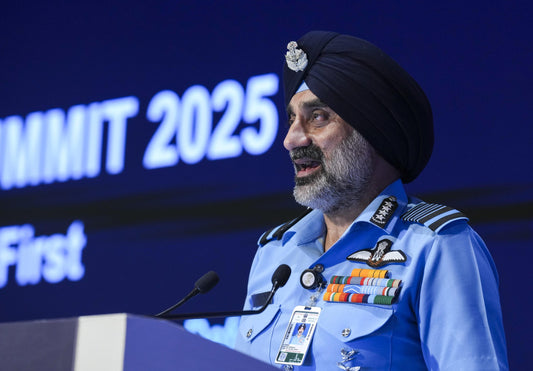Pathway to Becoming Aide-de-Camp to the President of India: Roles, Requirements, and Insights

Achieving the role of Aide-de-Camp (ADC) to the President of India is a coveted goal for many officers in the Indian Armed Forces. This esteemed position symbolizes not only honor but also a commitment to constitutional duties associated with the President's office. It involves a mix of ceremonial, strategic, and administrative tasks at the highest level of governance. This article delves into the path to becoming an ADC, examining eligibility, selection procedures, roles, responsibilities, and the historical and future perspectives of this distinguished position.
Historical Context
The ADC role traces back to colonial India when military authority was closely tied to administrative functions. Post-independence, the role has evolved to bridge civil-military relations, underscoring the armed forces' importance in nation-building. ADCs support the President, the head of state and supreme commander, in executing various formal duties. Traditionally male-dominated, this role has seen progressive changes. The appointment of Lt Commander Yashasvi Solankee as the first woman ADC to the President marks a significant step toward inclusivity, reflecting broader governance priorities under President Droupadi Murmu.
Eligibility & Selection
To be considered for the ADC role, candidates must be commissioned officers from the Indian Army, Navy, or Air Force with typically 5 to 7 years of exemplary service. The selection process is rigorous and managed internally by each armed forces branch, focusing on leadership and administrative competencies, along with stringent security and background checks. Personal interviews with high-ranking officials and possibly the President ensure candidates meet the role's expectations.
Required Qualifications and Skills
Essential qualifications for transitioning to an ADC include strong leadership and organizational abilities, fluency in English and at least one Indian language, and robust administrative skills. ADCs must maintain confidentiality and meet physical standards, including height requirements. These qualifications ensure ADCs can effectively manage schedules, correspondences, and public events.
Role and Responsibilities
ADCs perform supportive and liaison duties requiring a blend of military discipline and organizational acumen. They manage the President’s schedule, coordinate meetings and ceremonies, handle travel logistics, and act as a communication bridge between the President's office and other government branches.
Training for ADCs
After selection, ADCs undergo specialized training in military and governmental protocols, security procedures, and advanced administrative skills. This training equips them with the necessary knowledge to fulfill their roles effectively.
Statistical Data and Research Insights
| Branch | Number of ADCs |
|---|---|
| Army | 3 |
| Navy | 1 |
| Air Force | 1 |
| Territorial Army (Honorary) | 1 (at times) |
The rigorous selection criteria emphasize meritocracy, with about five ADCs supporting the President from different military branches, underscoring the role's prestige within military circles.
Challenges and Solutions
Candidates face challenges such as intensifying competition and balancing military duties with ADC roles. Professional development through leadership workshops and part-time training programs can help candidates excel and manage their responsibilities effectively.
Future Trends and Predictions
As social dynamics evolve, ADC roles are likely to become more inclusive, with increased female representation. Digital proficiency will become crucial, and inter-branch collaborations may enhance leadership programs, preparing potential ADCs for comprehensive roles.
Conclusion
Becoming an ADC to the President of India reflects a dedication to service and excellence within the Armed Forces. The path involves rigorous selection processes and significant role responsibilities. It symbolizes a vital partnership between military and civil governance, respecting tradition while embracing modernity. Aspiring candidates should recognize the profound impact they can have on national governance. Resources like SSBCrack and SSBCrackExams provide valuable guidance for excelling in this competitive selection process. The honor of serving alongside the President is unparalleled, despite the challenges.



















